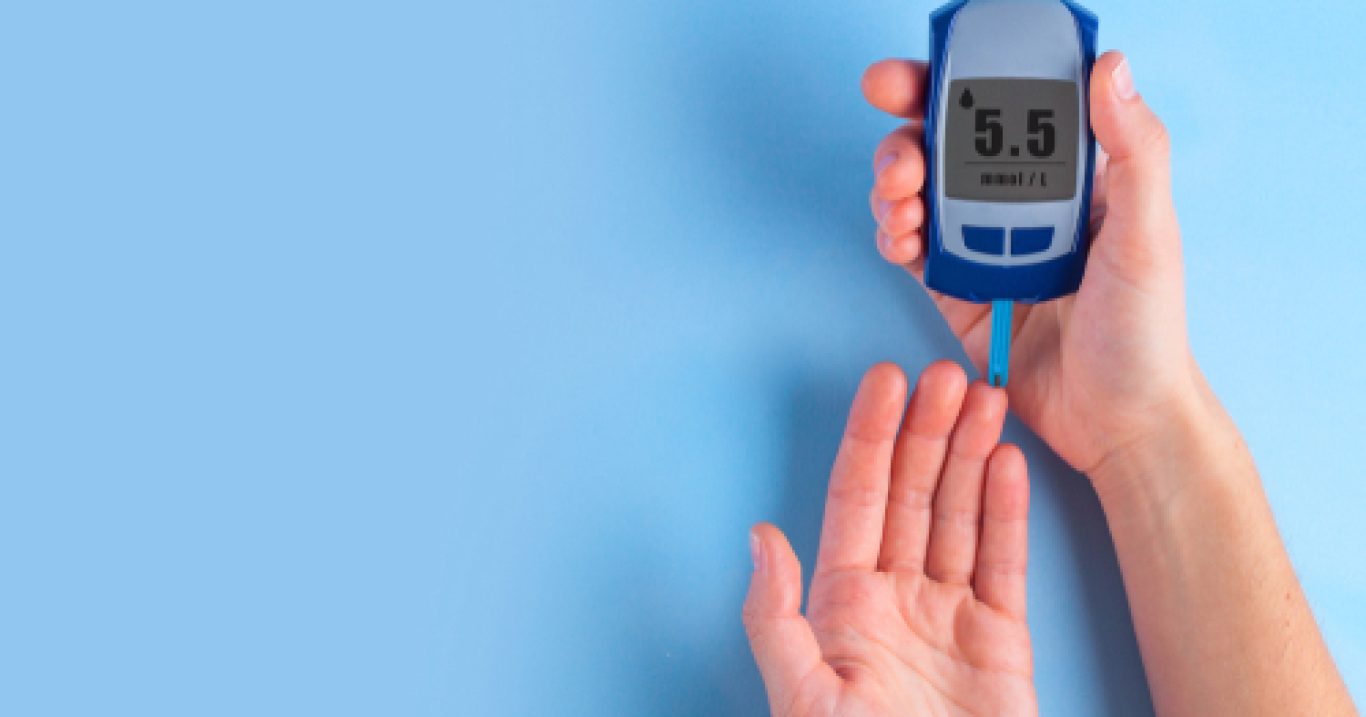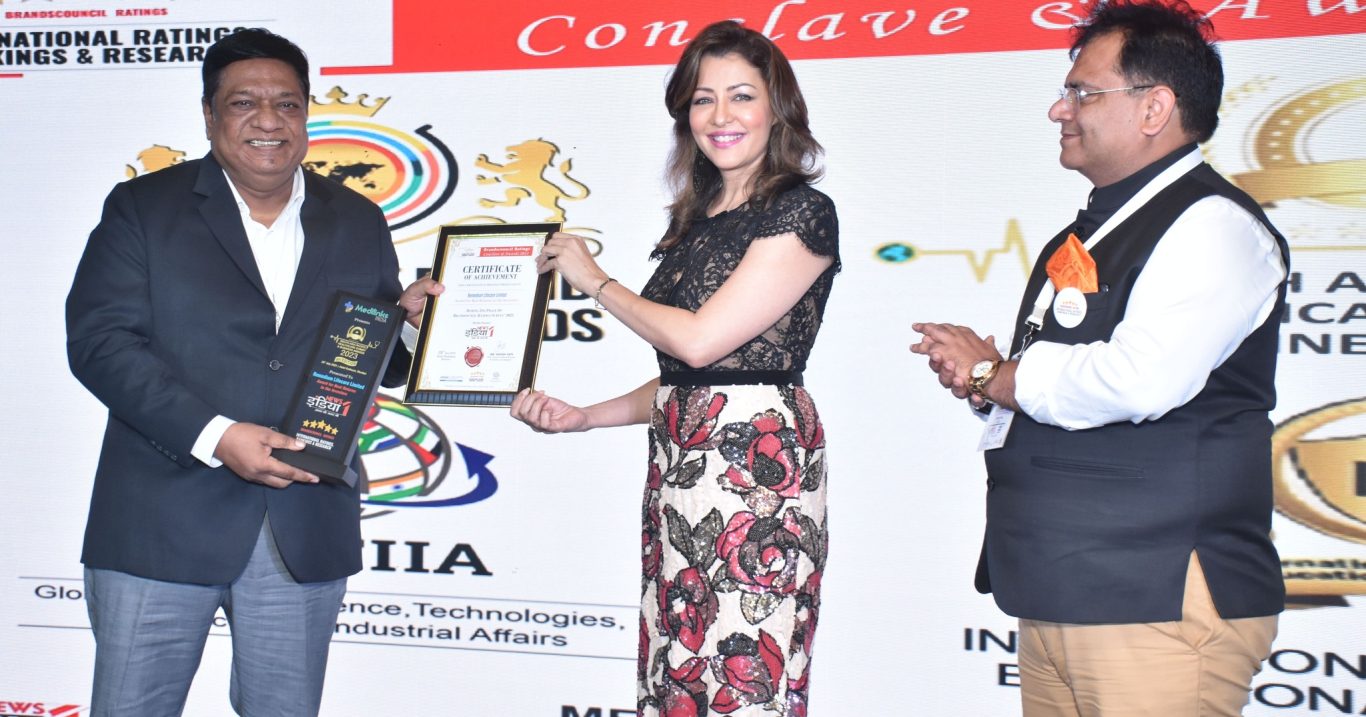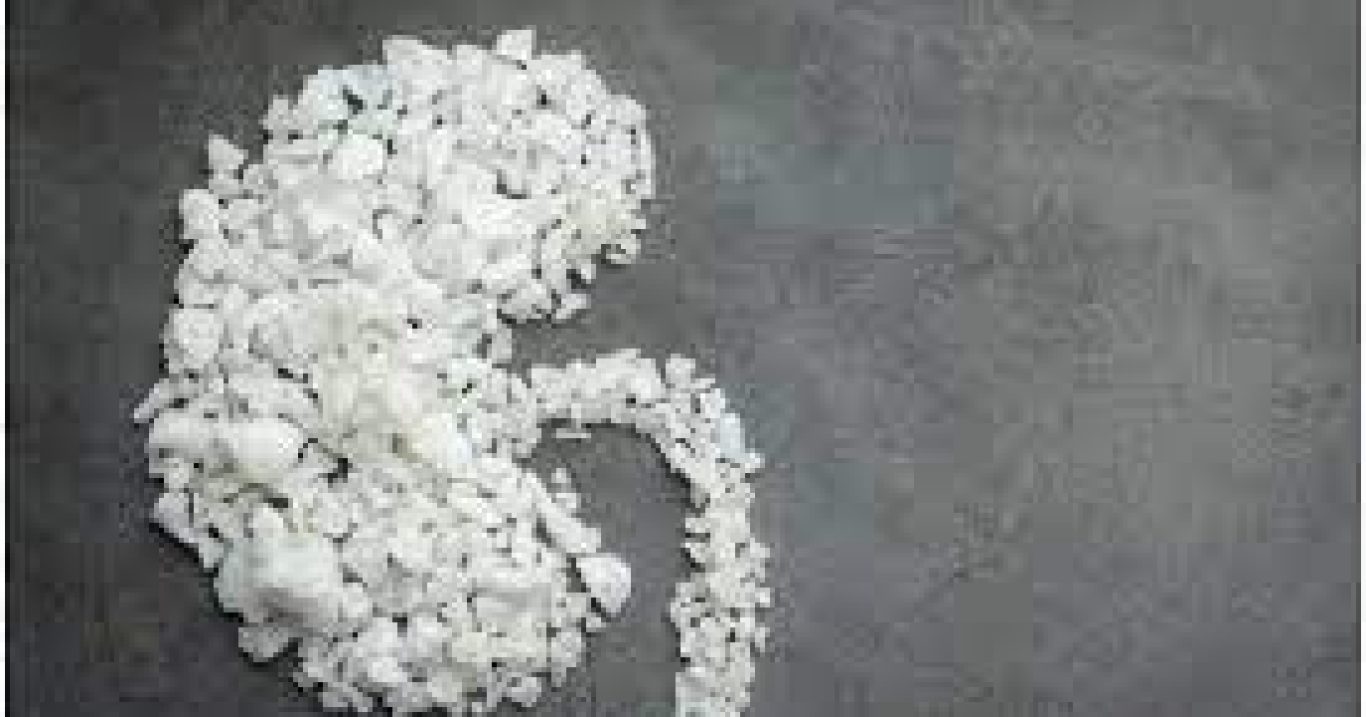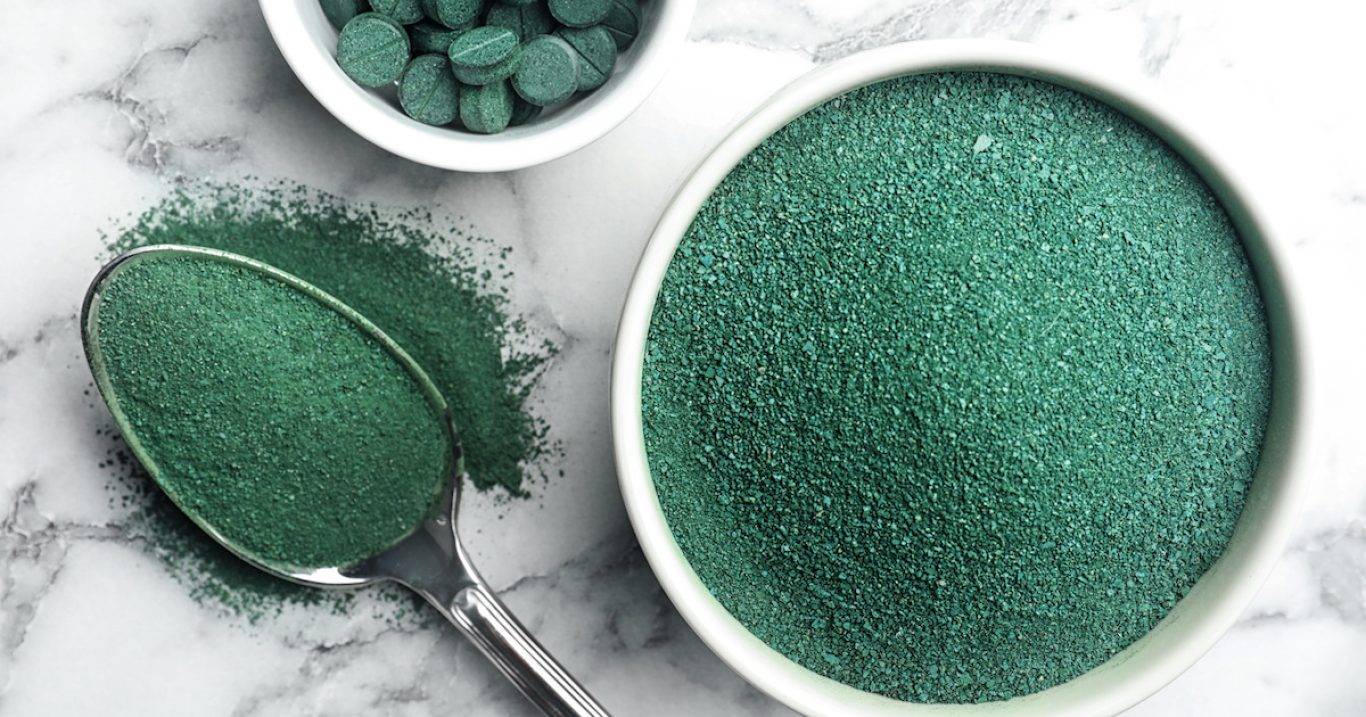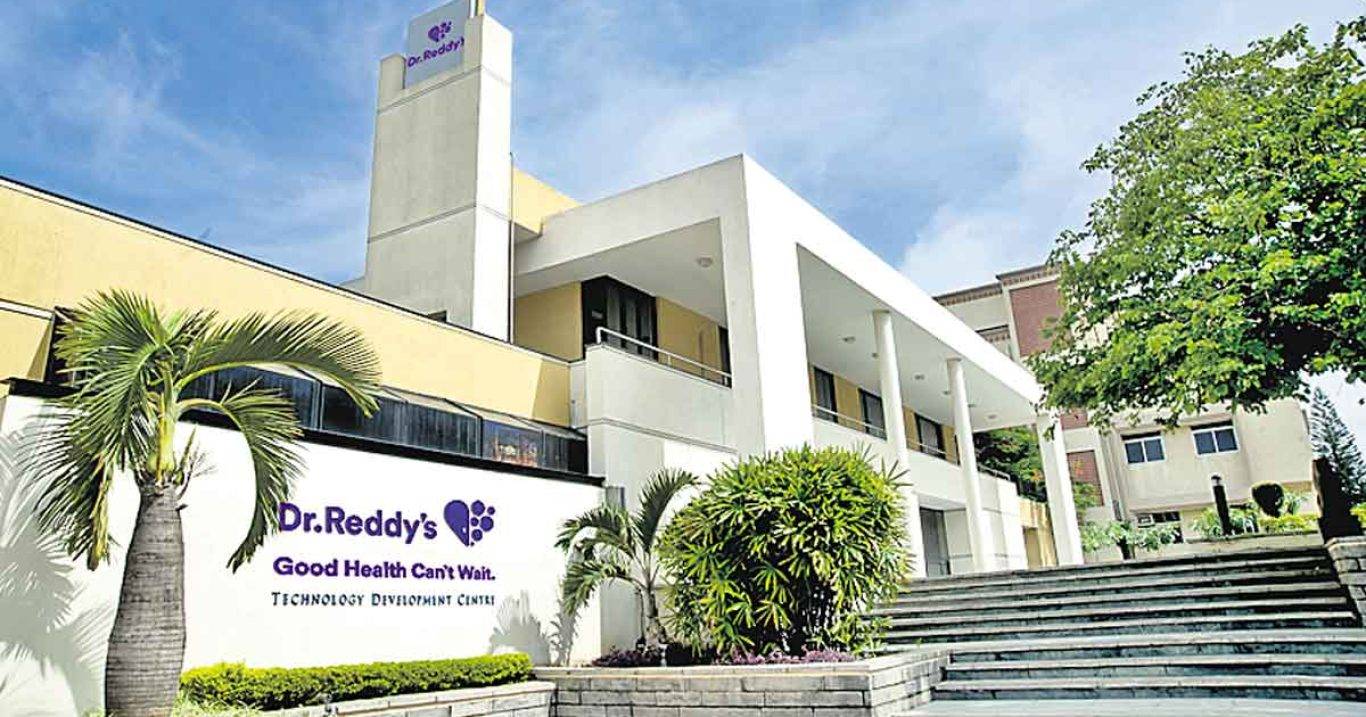Dr. Datsons Labs to partner with Clinton Foundation to supply Anti-Malarial Drugs to Eliminate Malaria on UNITAID-CHAI Malaria Treatment Project 2015
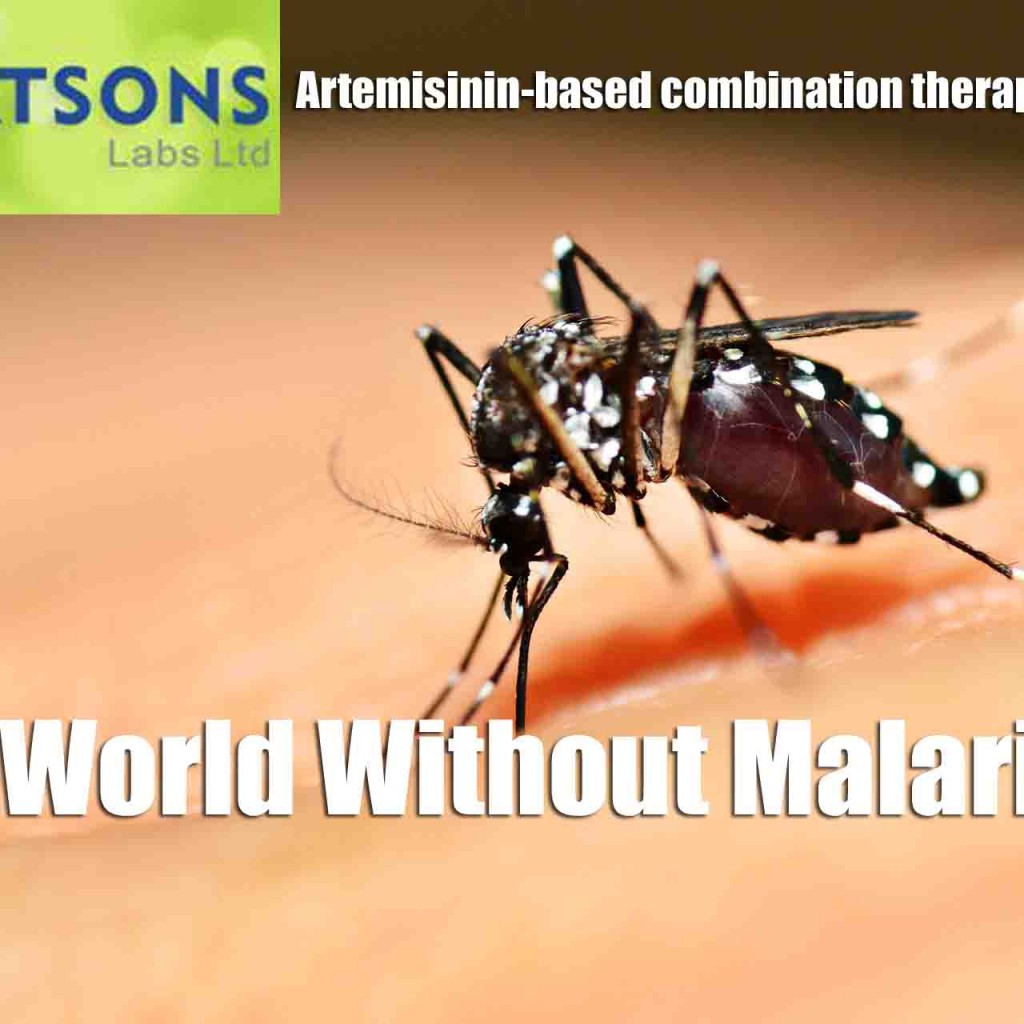
Dr. Datsons Labs to partner with Clinton Foundation to supply Anti-Malarial Drugs to Eliminate Malaria on UNITAID-CHAI Malaria Treatment Project 2015
The Clinton Health Access Initiative (CHAI)’s Commitment to create a malaria-free zone in Africa awards contract to Dr. Datsons Labs to supply Artemisinin-based combination therapies” (ACTs) on a discounted price.
Monday,9th March 2015, Mumbai, Maharashtra. Indian Drug maker Dr. Datsons Labs Ltd specializing in manufacturing of Anti-Malarial drugs has received the proposal to supply the Artemisinin-based combination therapies” (ACTs) to The Clinton Health Access Initiative (CHAI), the healthcare project of the Clinton Foundation. Dr. Datsons Labs Ltd will be making a a significant deal though there Is a a minimum pricing that the company will be working on. The volume will be huge because it will be supplied to most of the African countries. In the UNITAID-CHAI Malaria Treatment Project 2015, other big players such as Cipla, Ipca & other Indian players are already on the approved list of The Clinton Health Access Initiative (CHAI) to supply the drugs.
Speaking on the deal with The Clinton Health Access Initiative (CHAI)’s UNITAID-CHAI Malaria Treatment Project 2015, Dr. Rajendra Kamat, Vice-Chairman & MD, Dr. Datsons Labs Ltd said, This is a huge order & the clauses in the Agreement are time bound with several quality aspects to adhere & Dr. Datsons Labs Ltd is fully equipped to meet the challenges of the order. We are also presently working on the recent orders of Marketing And Supply Agreement with Yemen’s AL-MUGDH PHARMA to sell its drugs in YEMEN, We are quite confident that we will bounce back again as a leading player both in international & domestic market. We will be working on two shifts from April onwards to the new orders received from Eubage Laboratory’s 20 innovative food supplements formulations coming under the neutraceutical foray.
Malaria is a mosquito-borne disease caused by a parasite. People with malaria often experience fever, chills, and flu-like illness. Left untreated, they may develop severe complications and die. According to the World Health Organization, malaria caused an estimated 584,000 deaths worldwide in 2013. However, malaria is preventable and treatable. Increased investments and coordinated global health efforts have resulted in a 47 percent decrease in malaria mortality rates since 2000. With continued commitment and progress, a malaria-free generation will be within our reach.
Founded in 2002, by President William J. Clinton, the Clinton Health Access Initiative (CHAI) is a global health organization committed to strengthening integrated health systems around the world and expanding access to care and treatment for HIV/AIDS, Malaria and other illnesses. Based on the premise that business oriented strategy can facilitate solutions to global health challenges, CHAI acts as a catalyst to mobilize new resources and optimize the impact of these resources to save lives, via improved organization of commodity markets and more effective local management. CHAI helped the Government of South Africa to achieve a 53 percent price reduction for antiretroviral drugs; CHAI’s support will help the Government achieve US$960 million in savings over four years. In the past decade, remarkable advances have been made in treating and preventing malaria. Better medicines and long-lasting bed nets have been developed. Donor funding for malaria control has dramatically increased from $153 million in 2000 to over $1 billion in 2010. Indeed, the focus of many countries has recently shifted from malaria control to malaria elimination. Not surprisingly, this rapid infusion of new technology, increased funding, and policy reform has created a new set of challenges for the governments of malaria endemic countries. CHAI works in partnership with governments to address these challenges, creating evidence-based solutions tailor-made to each unique situation. In the past decade, remarkable advances have been made in treating and preventing malaria. Better medicines and long-lasting bed nets have been developed. Donor funding for malaria control has dramatically increased from $153 million in 2000 to over $1 billion in 2010. Indeed, the focus of many countries has recently shifted from malaria control to malaria elimination. Not surprisingly, this rapid infusion of new technology, increased funding, and policy reform has created a new set of challenges for the governments of malaria endemic countries. CHAI works in partnership with governments to address these challenges, creating evidence-based solutions tailor-made to each unique situation. CHAI’s work on malaria treatment began in Tanzania, which was, like most of Africa, flooded with cheap, ineffective malaria drugs called monotherapies. While government programs were making the switch to effective artemisinin-based combination therapies (ACTs), this treatment remained prohibitively expensive at the pharmacies where most Africans buy their drugs.
CHAI is currently working with AMFm countries to expand access to malaria treatment by increasing the market penetration of ACTs to over 50 percent in the next year. This initiative includes helping new ACTs gain market entry and uptake by providing technical assistance, regulatory expertise, and cost-optimization support to the companies that manufacture them. CHAI is also continuing our work to improve the sustainability and efficiency of malaria financing, including the exploration of novel mechanisms like cash-on-delivery, which pays for progress made toward targets. Additionally, CHAI is helping Swaziland advance toward becoming the first mainland African country to eliminate malaria by ramping up effective surveillance to track down and diagnose every case. Even a few years ago, people thought that eliminating malaria in a sub-Saharan African country was impossible and yet Swaziland is now on the verge of achieving that remarkable feat.
About Dr.Datsons Labs Ltd
Dr.Datsons Labs Ltd., formerly Aanjaneya Lifecare Limited, is an India-based integrated pharmaceutical company. The Company is engaged in the manufacturing and marketing capabilities in Contract Research and Manufacturing Services, and active pharmaceutical ingredients. The Company focuses on anti-malarial and finished dosage forms (FDFs), catering to diverse therapeutic segments. The Company manufactures second generation anti-malarial APIs like quinine and salts as well as third generation anti-malarial products like Artemisinin-based salts. The Company engages in contract manufacturing for leading Indian pharmaceutical brands namely Wockhardt, Cipla, Zydus Cadila, Lupin and Glenmark, among others. The Company’s subsidiaries include Eros Pharmachem Pte Limited, Aanj Pharmalabs Limited Fze, Fair Success (Hongkong) Limited and Dr. Datsons Labs Limited (the United Kingdom.
………………………………………………………………………………………………………
Contact
Mr. Yogesh Patel
Company Secretary
Dr. Datsons Labs.Ltd
Dr.Datsons House, Plot No W-91D Taloja MIDC 410208,
Raigad Dist, Maharashtra State, India
Ph: (+91) 22-27402223 / 24
Fax: (+91) 22-27411837







